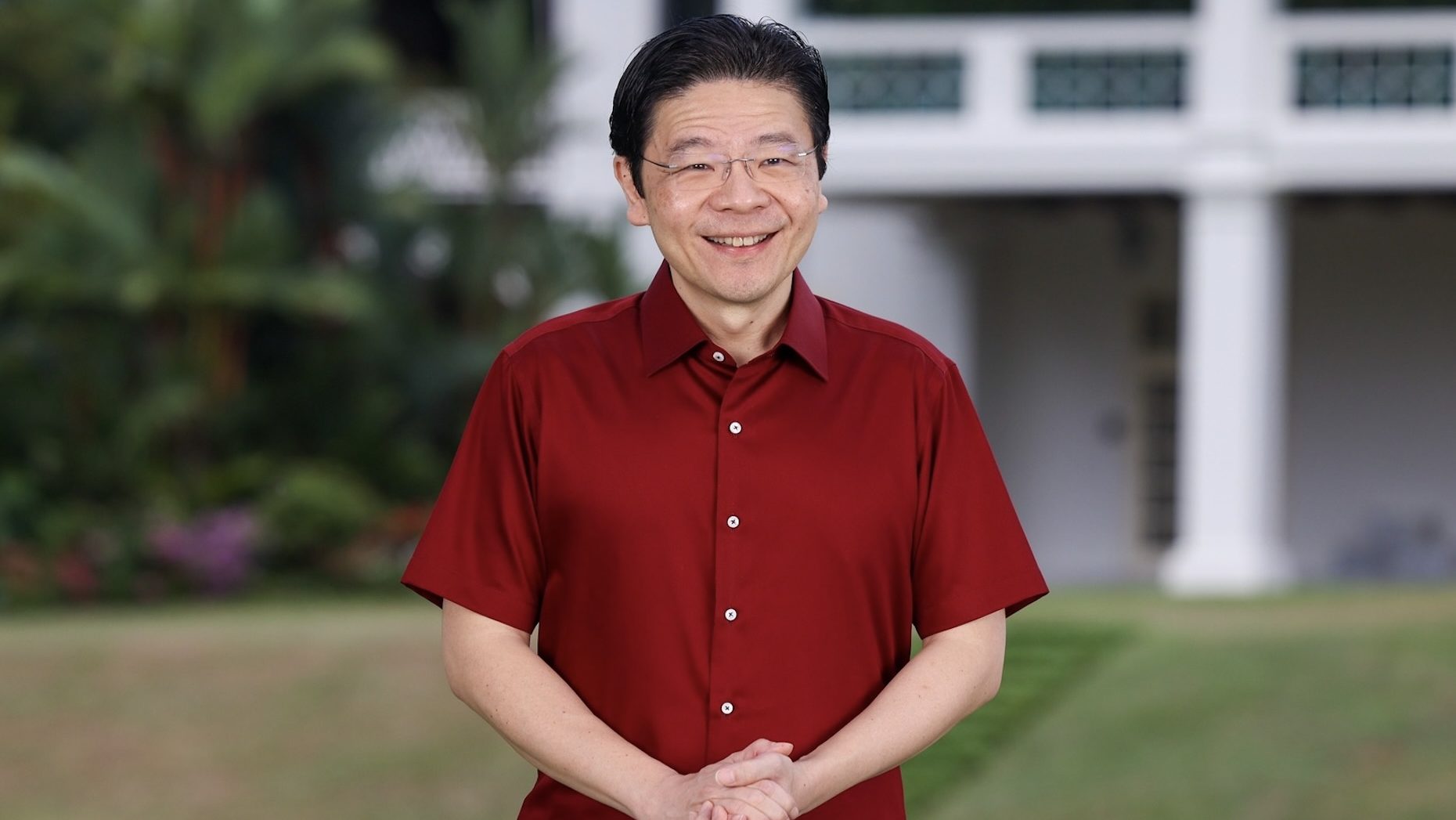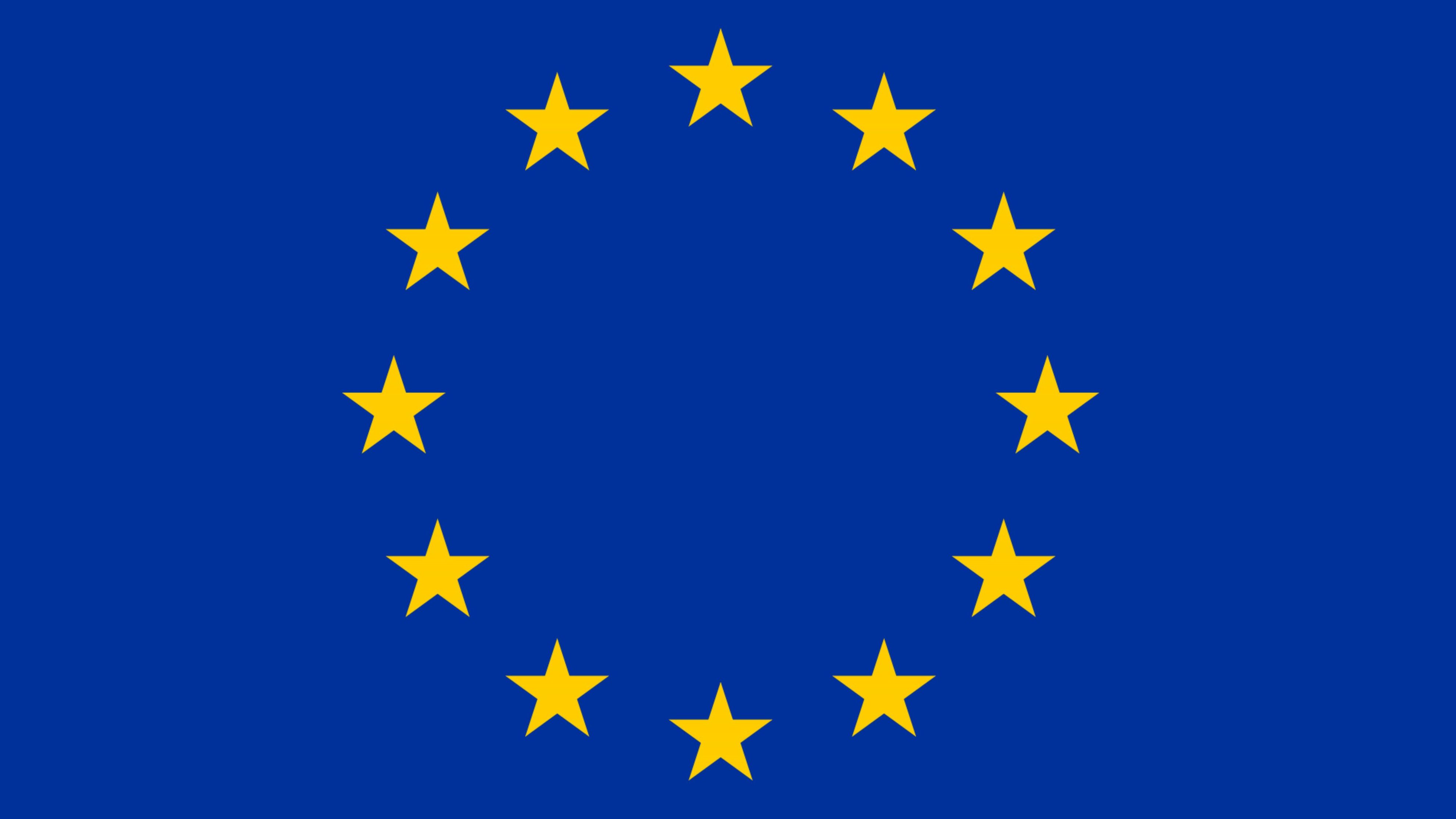SINGAPORE: For lower- and middle-income workers actively seeking new employment in Singapore, the “SkillsFuture Jobseeker Support” scheme has been open for applications since April 15. According to the latest People Matters Global article, this is a government-backed temporary financial assistance scheme that offers payouts of up to S$6,000 (US$4,500) spread across six months to those who have lost their jobs.
Unveiled by Prime Minister Lawrence Wong during his 2024 National Day Rally, the scheme is not a gratuitous donation but an arrangement with the government that job seekers who need a little extra help will remain responsible, seek out job opportunities, and be productive members of society.
“We understand that bouncing back from involuntary job loss can be very challenging for many job seekers,” said Lynn Ng, assistant chief executive of Workforce Singapore’s Careers Connect Group.
Job candidates will have to vigorously participate in job-seeking activities every month and accrue points to be suitable for regular disbursements. The point-based system is intended to push job seekers towards meaningful advancement – be it appearing in interviews, participating in career training sessions, or meeting people and industry players.
All in all, 13 job search-related activities have been identified. Some events, like resume updates or finishing SkillsFuture courses, have monthly caps to avoid overreliance on easier tasks. Job seekers can choose their preferred activities to allow flexibility.
“We would rather have a points-based system that gives them the flexibility than to insist that job seekers must do five things to qualify for the support,” Ng noted.
Who can apply for the Jobseeker Support scheme?
The scheme is designed for Singaporeans who are 21 years old and above and were earning an average of S$5,000 monthly before being fired or laid off.
To qualify for the scheme, applicants must have been actively working for no less than six of the past 12 months, be residents in a property that has a yearly assessment of S$31,000 or less, and have been jobless for at least a month. Moreover, they must not have benefited from the scheme in the past three years.
As a special consideration, applicants who became jobless on or after April 1, 2024, but have not met all the required conditions, are still entitled to the scheme if they apply by June 15, 2025.
The payouts
The system’s monetary support is spread over six months, beginning with S$1,500 in the first month, then S$1,250, and S$1,000 in the third month, followed by three monthly payments of S$750.
Payouts are capped by the candidate’s earlier monthly income. For example, someone who was accustomed to earning S$900 a month will not collect over that amount during the first three months of funding.
Each month, job seekers must complete an adequate number of activities to reach the 10-point threshold. If not, they will lose that month’s disbursement.
Payouts will take three to four weeks to process and will be made through PayNow linked to NRIC, GIRO, or GovCash. Every month, beneficiaries must state that they are still without a job to continue getting support.
A projected 60,000 Singapore residents, or over 60% of those involuntarily unemployed, will benefit from this scheme annually, according to Manpower Minister Tan See Leng.
The government has set aside more than S$200 million each year to finance the scheme, and there are plans to extend eligibility to permanent residents aged 21 and above beginning Q1 2026.
The scheme is not meant to provide long-term financial assistance. “It is in their interest to get a job as soon as possible,” said a WSG spokesperson.











